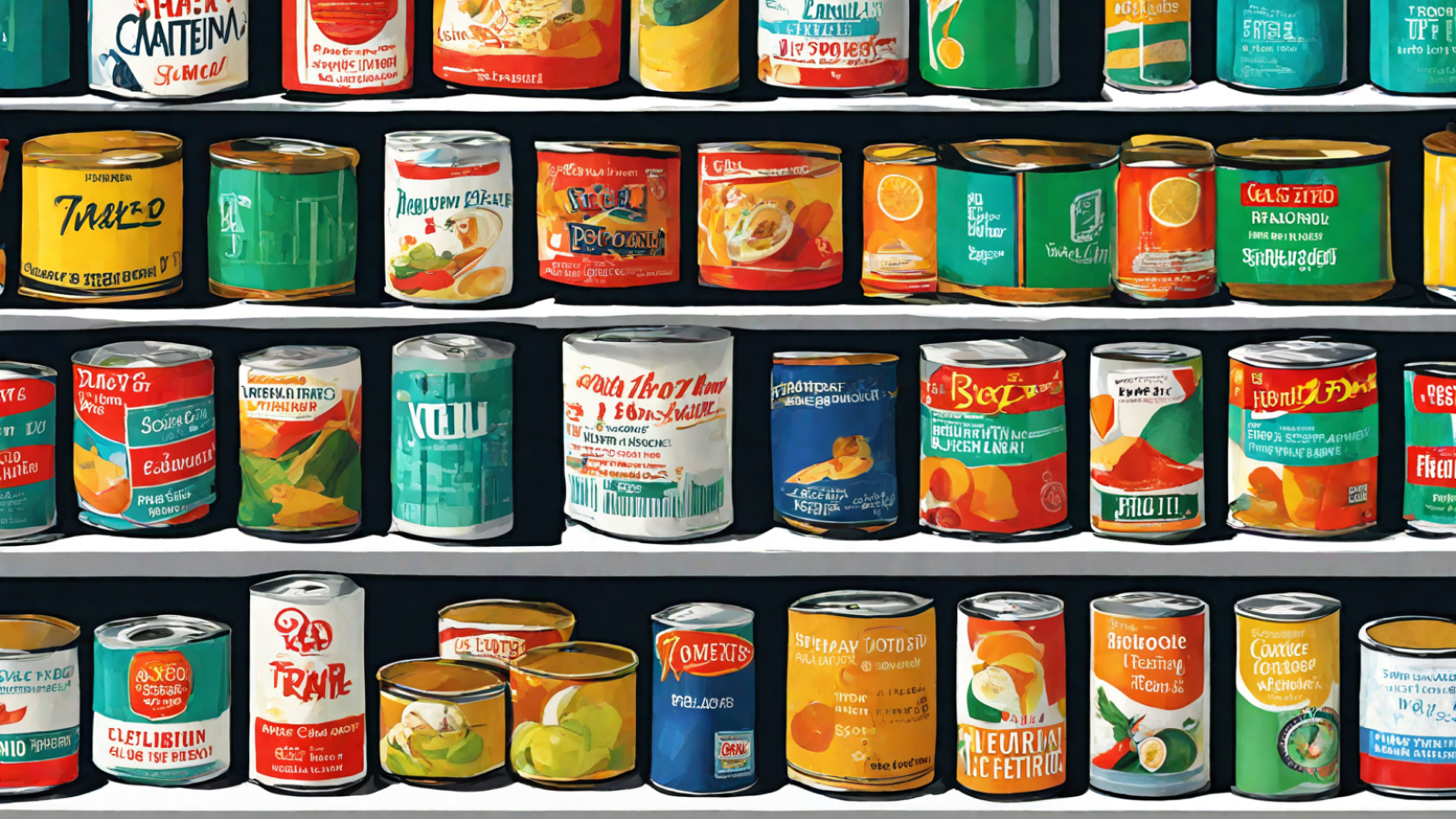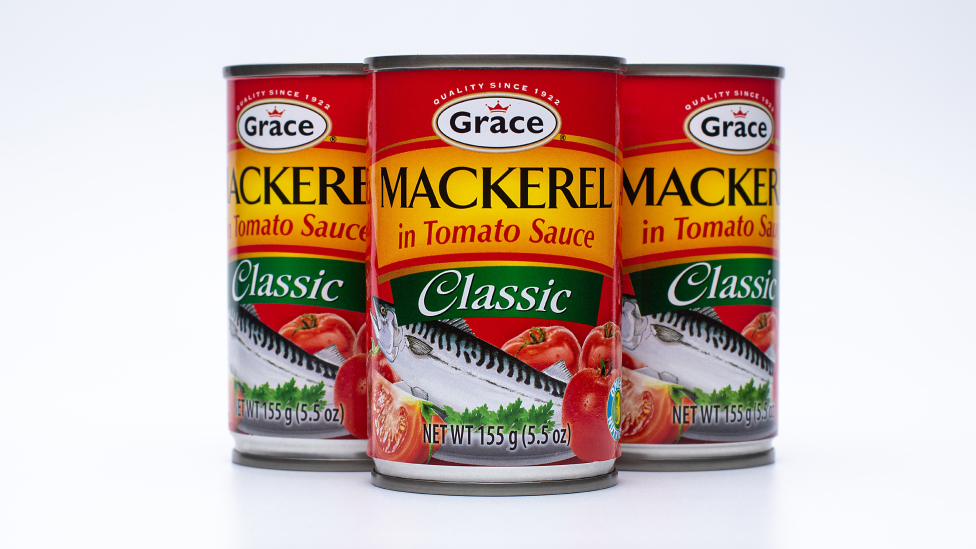In the quest for food preservation, early civilizations developed ingenious methods to extend the shelf life of perishable goods.

This article delves into the early methods of canning employed by ancient civilizations and the significant milestones that paved the way for modern canning techniques. By understanding the historical roots of canning, we gain a deeper appreciation for the evolution of this essential process.
1. Ancient Preservation Techniques:
Long before the advent of modern canning, ancient civilizations devised various preservation methods to prevent food spoilage. One such technique, known as fermentation, dates back to 7000-6600 BCE in China, where pickling vegetables in brine was a common practice. Similarly, the Egyptians and Romans used salt and vinegar to preserve fruits, vegetables, and meats.
2. Indigenous Methods of Preservation:
Indigenous cultures around the world developed their own unique methods of food preservation. For instance, Native American tribes in North America sun-dried fruits, vegetables, and meats, allowing them to be stored for extended periods. In South America, the Inca civilization utilized freeze-drying techniques in the high Andean altitudes to preserve potatoes and meat.
3. Nicolas Appert and the Birth of Canning:
The true origins of canning can be traced back to the late 18th century when Nicolas Appert, a French confectioner, made a groundbreaking discovery. In 1809, Appert successfully preserved food in sealed glass jars, a process known as "appertization." This breakthrough caught the attention of Napoleon Bonaparte, who sought a reliable method to feed his armies during their campaigns.
4. Peter Durand and the Tin Can Invention:
While Appert's method utilized glass jars, it was the invention of the tin can that revolutionized food preservation. In 1810, Peter Durand, an English merchant, patented the idea of preserving food in tin-plated iron cans. This development offered several advantages over glass jars, including durability, portability, and lower cost.
5. Early Commercialization of Canning:
The commercialization of canning gained momentum in the early 19th century. In 1813, Bryan Donkin, an engineer, established the world's first commercial canning factory in London. Donkin's factory produced a variety of canned goods, including meat, fish, vegetables, and fruits. This marked the beginning of large-scale canning operations.
6. Louis Pasteur and Pasteurization:
In the mid-19th century, Louis Pasteur's discoveries in microbiology revolutionized food preservation techniques. Pasteurization, a process that involves heating food to kill bacteria and other microorganisms, greatly improved the safety and longevity of canned products. This breakthrough, combined with advancements in canning technology, further propelled the growth of the canning industry.
7. Continuous Improvements in Canning Technology:
Throughout the 19th century, canning technology underwent significant advancements. In 1858, John Mason patented the Mason jar, a glass jar with a threaded neck, which allowed for easier sealing and resealing. Additionally, improvements in can manufacturing machinery, such as the development of the first successful can opener by Ezra J. Warner in 1866, streamlined the canning process.
8. The Role of World Wars:
Canned food played a crucial role during times of war. During the Crimean War (1853-1856) and the American Civil War (1861-1865), canned provisions became essential for soldiers due to their long shelf life and ease of transportation. The demand for canned food during wartime fueled the growth of the canning industry and highlighted its importance in ensuring food security.
The early methods of canning laid the foundation for modern food preservation techniques. From the ancient practices of fermentation and drying to the groundbreaking discoveries of Nicolas Appert and Peter Durand, canning has evolved into a vital process that ensures the availability of safe and nutritious food. By appreciating the historical roots of canning, we gain insight into the ingenuity and perseverance of our ancestors in their quest to preserve the bounty of nature.
Contact Us
Your email address will not be published. Required fields are marked*



采访刊发中国罐头⾏业-01.jpg)

